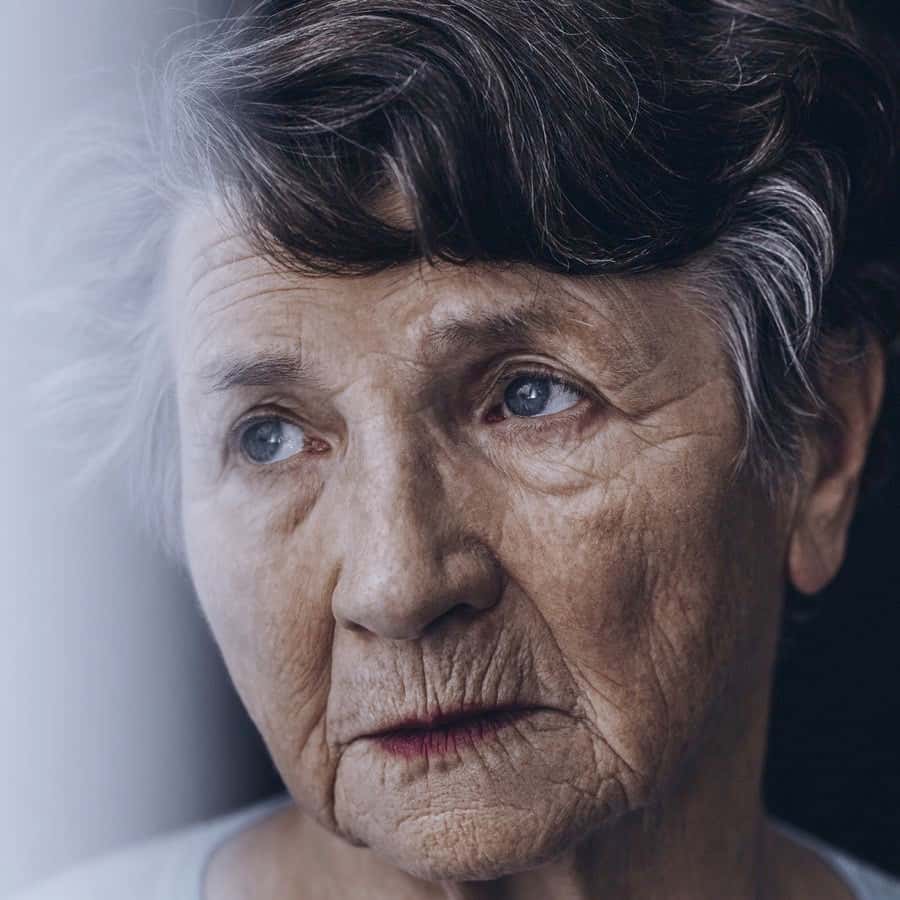
In May 2023, US Surgeon General Vivek Murthy raised the alarm about an epidemic of loneliness. He suggested that up to half of American adults feel isolated and disconnected from social support. The COVID-19 pandemic made those feelings even worse. Many people may have been surprised at the health consequences this problem can trigger.
What Are the Health Consequences of Loneliness?
One of the main points of Dr. Murthy’s report is that people with stronger social ties tend to live longer, healthier lives. They are less susceptible to heart attacks and strokes. In addition, people who feel connected to their families and communities are 36 percent less likely to develop high blood pressure. Conversely, people who live alone and don’t have good social support develop type 2 diabetes at a higher rate. Unsurprisingly, dementia overtakes lonely people more frequently as well.
In fact, the report states:
“Lacking social connection is as dangerous as smoking up to 15 cigarettes a day.”
How Does Loneliness Relate to Parkinson Disease?
Given the dangers of social isolation, a group of scientists wondered whether loneliness is associated with an increased risk of developing Parkinson disease (JAMA Neurology, Oct. 2, 2023). To find out, they studied nearly 500,000 participants in the UK Biobank. These individuals ranged in age from 38 to 73 at the beginning of the study, when they filled out questionnaires about their social contacts. The investigators followed them for 15 years using National Health Service records.
During the study, 2,822 of the participants developed Parkinson disease, a common and devastating neurological disorder. Those who reported feeling lonely were 37 percent more likely to get this diagnosis. That didn’t change much even when researchers factored in genetic background, socioeconomic status, physical activity and depression.
The scientists concluded,
“The findings add to the evidence that loneliness is a substantial psychosocial determinant of health.”
What Can You Do to Reduce Your Risk?
When you are feeling lonely, it may be hard to imagine what you can do to change your situation. Perhaps it is helpful to focus on other people. Do you know someone who may be lonely? Can you spend some time with them to try to help them feel better? Just connecting in a friendly way with other people you see briefly while doing errands can help. Belonging to a group like a sports team, a choir or a congregation can also counteract loneliness.
Learn More:
You may wish to listen to our interview with Dr. Robert Waldinger, author of The Good Life, for more information on making and maintaining healthy social connections. It is Show 1338: What 80+ Years of Research Tell Us About Happiness.

